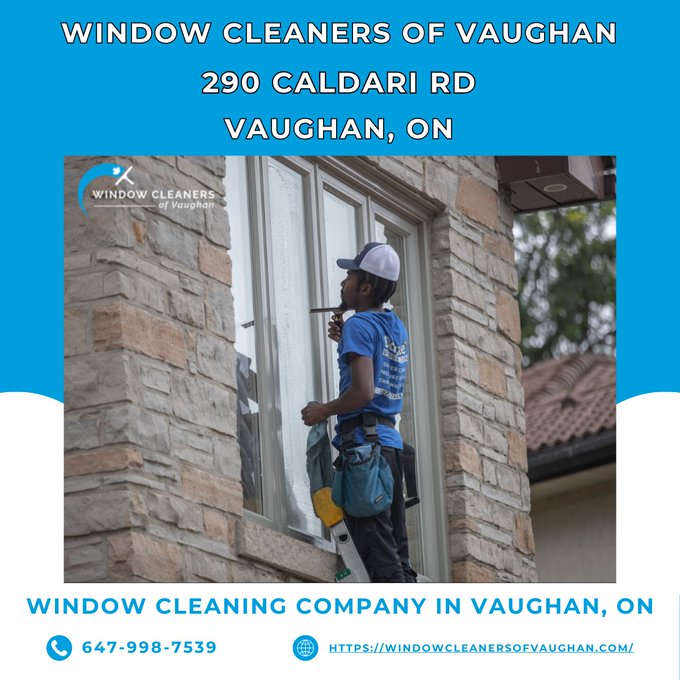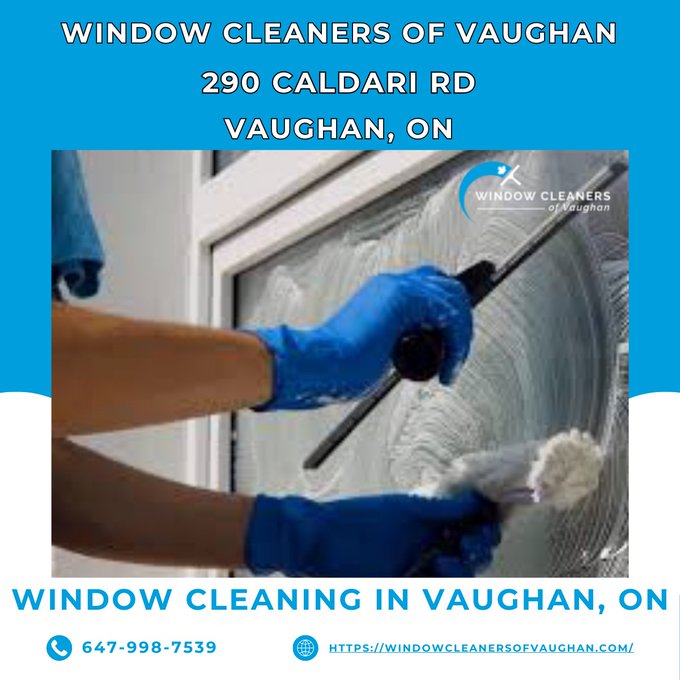Cleaning windows is an essential part of maintaining a home's aesthetics and functionality. However, many homeowners wonder about the techniques and materials used by professional window cleaners. One of the most intriguing questions is, What type of water do professional window cleaners use? In this comprehensive article, we will explore this question along with numerous other related topics concerning window cleaning.
Understanding Window Cleaning Basics
What Is Window Cleaning?
Window cleaning involves removing dirt, grime, and streaks from glass surfaces using specialized tools and cleaning solutions. The process can be done indoors or outdoors and often requires ladders or scaffolding for hard-to-reach areas.
What Is the Difference Between Window Washing and Window Cleaning?
The terms "window washing" and "window cleaning" are often used interchangeably; however, there are subtle differences. While window washing focuses primarily on the glass surface itself, window cleaning encompasses a more thorough approach that includes frames, sills, and screens.
Why Is Clean Water Important for Window Cleaning?
The type of water used can significantly impact the outcome of your cleaning efforts. Hard water can leave mineral deposits that cause streaking, while purified water helps achieve a spotless finish.
What Type of Water Do Professional Window Cleaners Use?
Professional window cleaners predominantly use deionized or purified water to clean windows. This type of water has had impurities removed, preventing streaks and ensuring a crystal-clear finish. Many also utilize systems that filter tap water to remove minerals before use.
Does Water Quality Affect Streaking?
Absolutely! The quality of the water you use directly impacts how clean your windows will look after washing. Using hard water can lead to deposits that leave unsightly streaks even after you've scrubbed away dirt.
The Tools of the Trade
What Equipment Do Professional Window Cleaners Use?
Window cleaners rely on several essential tools:
" width="560" height="315" frameborder="0" allowfullscreen>
- Squeegees: For effective removal of water from glass surfaces. Scrubbers: For loosening dirt and grime. Buckets: To hold soapy water. Extension Poles: For reaching high windows without ladders.
Do Window Cleaners Use Ladders Anymore?
While ladders are still commonly used in some scenarios, many professionals now favor telescoping poles equipped with brushes or squeegees to minimize risks associated with ladder work.
Best Practices for Window Cleaning
How Often Should I Wash My House Windows?
The frequency depends on your environment—if you live near busy roads or in areas with heavy pollen or dust, consider cleaning your windows every 1-3 months. Otherwise, bi-annually may suffice.
When Is the Best Time of Year to Have House Windows Cleaned?
Spring and fall are generally considered the best times for window cleaning due to milder weather conditions.
Common Questions About Window Cleaning
Is It Worth Getting Windows Cleaned?
Yes! Regular window cleaning not only enhances your home’s curb appeal but also prolongs the life of your windows by preventing damage from dirt buildup.
What Are the Disadvantages of Window Cleaning?
Some disadvantages include potential costs involved in hiring professionals and the risk associated with heights if DIY methods are employed without proper safety equipment.
DIY vs Professional Services
Why Do People Pay for Window Cleaning Services?
Many people opt for professional services due to their expertise, efficiency, and access to specialized tools that ensure a better result than typical DIY methods.
What Should You Expect From a Window Cleaner?
Expect professionalism, punctuality, thoroughness in their work, and excellent customer service from reputable window cleaning companies.
" width="560" height="315" frameborder="0" allowfullscreen>
Chemical Solutions Used by Professionals
What Liquid Do Professional Window Cleaners Use?
Alongside purified water, many professionals utilize commercial-grade soaps designed specifically for glass surfaces to enhance cleanliness without leaving streaks.
Is Dawn Dish Soap Good for Washing Outside Windows?
Dawn dish soap is often suggested because it’s gentle yet effective at breaking down grease; however, it should always be Window Cleaners Of Vaughan Reviews rinsed thoroughly to prevent residue left behind on glass surfaces.
Debunking Myths About Window Cleaning
Can You Use Vinegar Straight to Clean Windows?
While vinegar can help cut through grease and grime effectively when diluted with water—using it straight may not yield optimal results as Window Washing Vaughan it can leave streaks behind if not properly rinsed off.
Why Don’t Window Cleaners Use Windex Anymore?
Professional cleaners tend to avoid Windex due to its ammonia content; ammonia can leave residues that attract dirt rather than repel it over time.
Safety Considerations
Do Professional Window Cleaners Wear Safety Gear?
Yes! Proper safety protocols include wearing harnesses when working at heights and using non-slip shoes for stability on ladders or rooftops during cleaning tasks.
Tips for Maintaining Your Windows
Should You Wipe Condensation Off Windows?
It's best practice to wipe condensation off windows as soon as possible since lingering moisture may lead to mold growth over time if left unchecked.
Conclusion
In conclusion, understanding what type of water professional window cleaners use reveals much about their methods and why they achieve such spectacular results. Whether they employ deionized water or specific chemical solutions tailored for glass surfaces—these experts certainly know how to make those windows sparkle! Regular professional care not only keeps your home looking pristine but also extends the life expectancy of your windows. So next time you're considering whether it's worth having your windows cleaned—remember: clarity is just a wash away!
Here are some frequently asked questions (FAQs) regarding professional window cleaning:
How much do you charge to clean windows?- Costs vary widely based on location and job complexity but typically range from $2-$7 per pane depending on factors like size or accessibility challenges.
- Most homeowners find 1-3 times per year sufficient unless they live in particularly dusty environments where more frequent cleanings might be necessary.
- Absolutely! Their expertise ensures thorough results while saving you valuable time compared to tackling this task alone.
- Yes! A reputable service should always include frame cleaning along with treating sills during their process.
- Rain can slow down operations slightly; however experienced teams may still proceed cautiously depending on wind conditions allowing them flexibility at different times throughout their schedule!
- While tap water may suffice occasionally—it's best avoided regularly due its mineral content which could negatively affect final results!
By exploring these themes surrounding what types of resources professionals utilize within their craft—we hope you’ve gained insight into ensuring sparkling clean transparent views through every season ahead!

